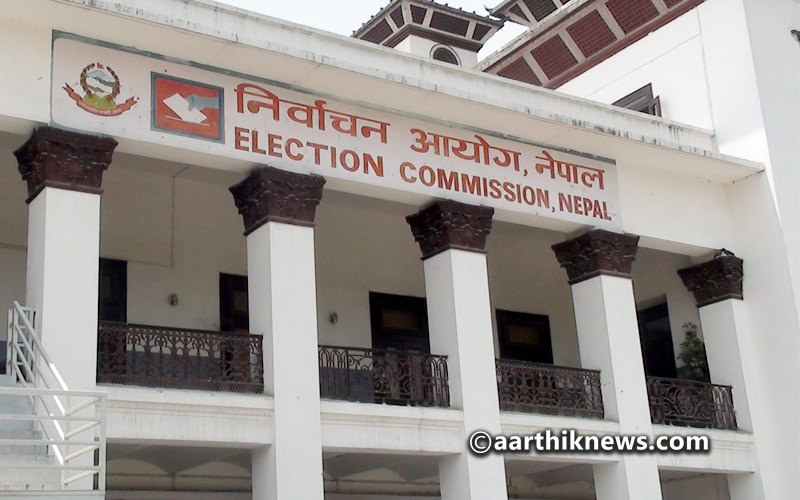The Indian Public Sector Banks (PSBs) have notoriously become popular for the Non-Performing Assets, which jumped from Rs. 2,27, 264 crores in May 2014 to Rs. 6,29,334 crore in June 2017 of which 78 percent is due from top corporate houses. This was a clarion call for the Central Bank and the ruling government to take stern action against the defaulters. Unfortunately, it was business as usual. This data, unfortunately, was taken with a pinch of salt by the authorities.
The independence of the banking sector is under question and Political forces with the help of connived employees of the bank have diverted funds to corporate houses. For the past several months scores of instances have opened the lid on a Pandora’s Box of bank scams and explain why the banks have failed to effectively perform the critical task of disbursing loans to common citizens that it is supposed to do in a capital-scarce economy.
Bank Employees Federation of India (BEFI) had been critical of the central government policies and has accused the government of supporting the Corporates despite their huge loan defaults. BEFI have started a sixty hour Satyagraha on April 11, 2018, against the anti-people policies of the central government.
According to BEFI, bank deposits in India are generated mostly from domestic savings. So by steadily reducing the interest rate on deposits, the government is generating huge disincentive for the common people to park their savings in bank deposits and instead go for more risky and rewarding investment avenues like mutual funds, chit funds, and highly speculative share markets, etc. The government is responsible for the scarcity of public savings.
BEFI also accused the present regime, for having come up with a Financial Resolution and Deposit Insurance (FRDI) Bill as it proposes to scrap the Deposit insurance, which protects depositors in the event of a bank default. The bill has provoked ire among the common citizens and the government had to amend the bill several times.
Credit Information Bureau of India Limited has already prepared a report on PSBs and their Willful defaulters up to December 2017: The total amount of default is Rs. 1,11,738 crores and there are 9,339 willful defaulters. It is a surprise that despite the strict vetting and monitoring procedures, willful defaulters are increasing.
In 2018, the Nirav Modi Scam jolted the banking sector. Punjab National Bank (PNB) had a total exposure of Rs.12,000 crore to Nirav’s diamond business. Not only the money was swindled but also Nirav absconded to another country. It is a mystery in the banking sector, how a business organization could swindle such astronomical amounts of money for the past seven years without being tracked by the series of auditing that is done every year both by the commercial bank and the Reserve bank of India.
Before Nirav Modi’s scam, PNB had lost Rs. 28 billion thanks to various frauds that have drained the funds in 2017 alone. Even before the bank launched the complaint, it seems that he has already got a tip-off from someone regarding the severity at which the matter is going to be dealt by the authorities, escaped to a foreign country with his family.
Another high-profile case is that of Vikram Kothari, Chairman, and MD of Rotomac Global. He is alleged to have defaulted a loan worth over Rs. 3,695 crores taken from a slew of PSBs. The Central Bureau of Investigations has already registered a First information report (FIR) against Kothari on the basis of a complaint by the Bank of Baroda.
Following the PNB and other incidents, the banking regulator, Reserve Bank of India (RBI) and the Central government have put forth stringent and additional layers of approval for sanctioning loans to individuals and businesses. The RBI has constituted a panel to look into the bank frauds. Additional layers have made bankers avert to providing loans to businesses.
When the banks and lending agencies are tightening their norms, liquidity in the economy is getting affected. According to the latest statistics from the Commerce Ministry (April 13, 2018), the trade deficit widened to $13.69 billion in March 2018 from $10.65 billion in March 2017. The trade deficit was mainly due to the fall in exports of Micro, Small & Medium Enterprises (MSME) sector – gems and jewellery, petroleum products, readymade garments and farm products which are labour intensive and depends on bank loans for their finance.
For a country that used to pride itself on a vibrant and strong banking sector, celebrate its proximity to common citizens, small entrepreneurs, and MSMEs, the exact opposite is happening.
The raison d’être of the PSBs is to finance the common citizens and businesses, if it deviates from the said objective, the backbone of the Indian economy- Agriculture, small businesses, MSMEs and the informal sector will cripple. The collusion between the corporate and top bankers is a great risk for the banking sector, it has to be avoided at any cost.
The Writer is a Business and Economic Journalist. He can be reached at [email protected]
















